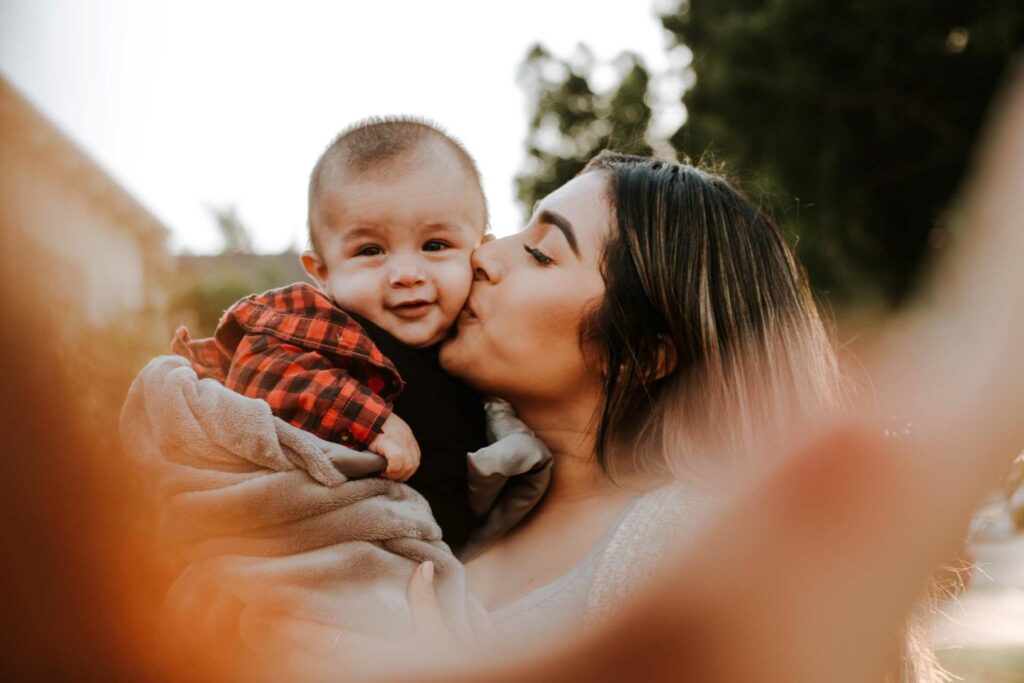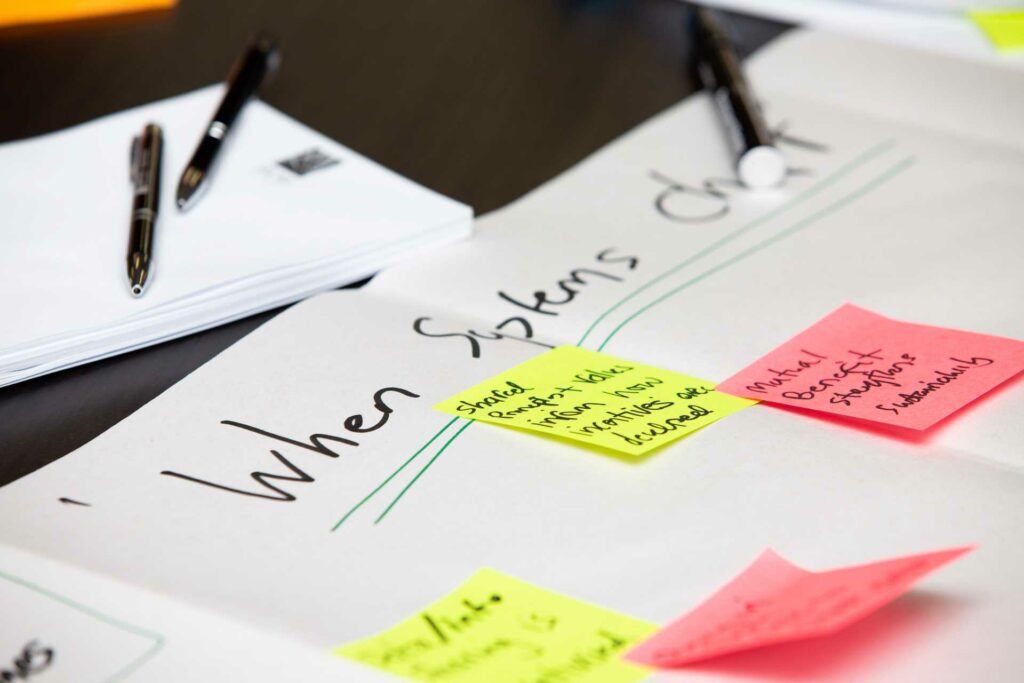Secondary consultation is a great way to strengthen a health justice partnership. Health and legal practitioners can call on each other’s professional expertise to directly support shared service users.
But what does it look like in day-to-day practice? What are some of the complexities that
can arise for practitioners when consulting with each other about interdisciplinary questions?
And what’s worth giving extra thought to?

Secondary consultation in health justice partnership is a valuable way for legal, health and other practitioners to share their professional expertise with one another. It is often enabled by the trust and proximity that comes from working in partnership and, in turn, helps to build and strengthen relationships between partnering practitioners.
We spoke to three experienced HJP practitioners about their use of secondary consultation in their partnerships.
- Nikki Harris-Allan, social worker and former Partnership Coordinator at ELSA (Engaging &
Living Safely & Autonomously), Victoria - Steph Price, Principal Lawyer at West Heidelberg Community Legal Service, Victoria
- Deb Fisher, Acting Principal Lawyer at Hume Riverina Community Legal Service, Victoria
Between them, these practitioners have 14 years of HJP experience: in law, social work and HJP coordination.





